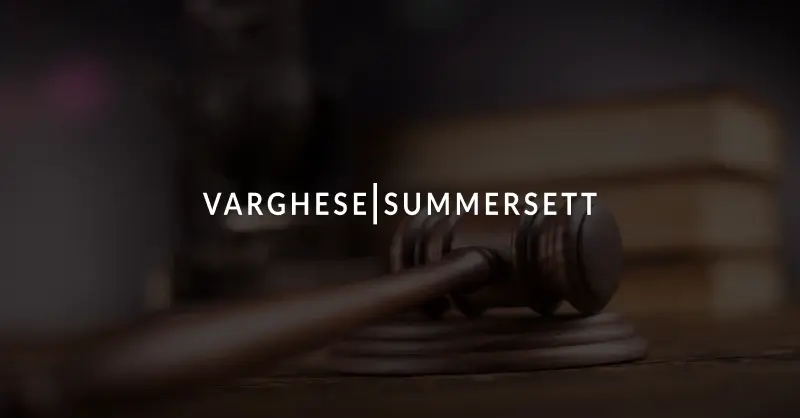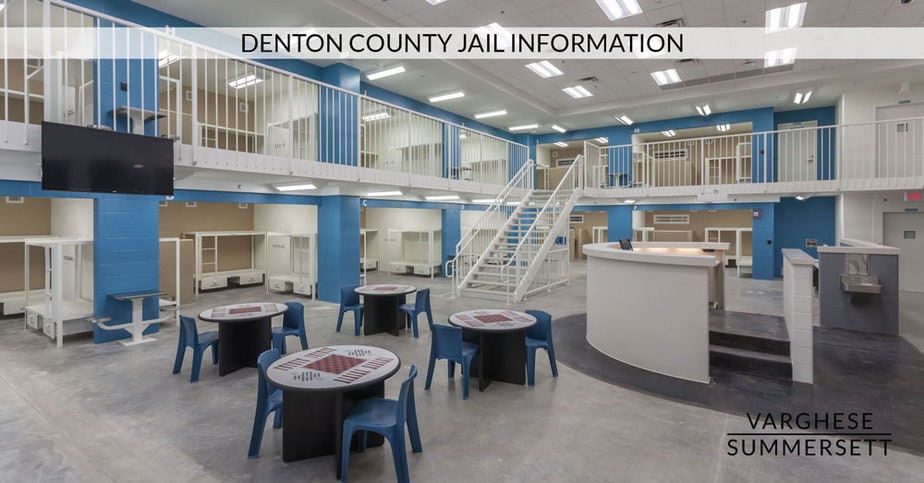
4 Reasons Former Federal Prosecutors Make Excellent Defense Attorneys
Former Federal Prosecutors
While it seems intuitive that being a former prosecutor is an advantage for a defense attorney, the gains offered by that experience are often underestimated. Obviously, former federal prosecutors have an understanding as to how to identify and exploit weaknesses in a prosecutor’s case. Some would go as far as to say former federal prosecutors make the best federal criminal defense attorneys.
Former prosecutors have personal knowledge of how and why prior cases went wrong and how they could have repaired such defects. However, the advantages of prior prosecution experience go far beyond simple identification of case weaknesses. Below are additional reasons a defense attorney with prosecution experience, especially when it comes to federal cases, enjoy serious advantages over attorneys without such experience.
1. Reputation
First, the legal community is a village. While relationships do not equate to better results, friendships and trust gained while working with a prosecutor as a colleague within the same office don’t just evaporate because an Assistant United States Attorney becomes a defense attorney. Trust goes a long way when trying to advocate or negotiate. Further, former prosecutors have a definitive understanding of the pressures that come with a prosecution caseload. This understanding brings with it a certain way of communicating and relating to prosecutors when on the other side. It is not uncommon for former prosecutors to relate far better with current prosecutors, even if they are from a different jurisdiction or district.
2. Legal Knowledge
Second, former federal prosecutors have learned a tremendous amount of law. One of the primary benefits of being a prosecutor is you learn the legal requirements necessary to prove many different offenses. Because prosecutors have the burden of proof they are trained that every last element (or requirement) must be proven. Obviously, the prosecutor bears the responsibility and is the one on the hook if something goes wrong. This pressure builds a vast trove of knowledge in a rapid fashion.
Further, prosecutors garner far more court exposure than their defense counterparts because they have larger caseloads. Again, logging lots of court time brings a vast amount of experience within a short period of time. For example, it is not uncommon for a prosecutor to make several court appearances every week. Many of those appearances pertain to contested suppression motions, contested sentencing hearings, and trials. All of this experience develops even the greenest of attorneys into thick-skinned professionals who have faced many different attacks. Thus, when a prosecutor leaves his or her office to enter private practice that person has vastly more courtroom experience and exposure to a larger pool of criminal accusations.
This is even more important in federal court. Federal prosecutors not only deal with many contested settings, they have also dealt with the many nuanced differences federal courts bring with them. The formality and writing requirements of federal practice is substantial. Further, federal offenses are oftentimes more evidence intensive. These differences give former federal prosecutors a distinct advantage when representing someone in federal court.
3. Experience in Leading Investigations
Third, former prosecutors have assembled criminal cases. Unlike state cases, federal prosecutors are very involved in the investigation of crimes. The term “vertical prosecution” is often used in the federal system. This refers to the fact that a federal prosecutor is going to work closely with federal agents and head up long-term investigations into criminal activity. This includes regular meetings with law enforcement, assistance in preparing warrants, deciding what crimes to prosecute and who to prosecute.
Federal cases often involve extensive investigation before arrest or indictment. Federal cases are investigative as opposed to reactive in most cases. Reactive cases, such as state robbery or burglary, where law enforcement seeks to make cases and arrests quickly, are different from enterprise and conspiracy cases, which are usually developed with long, incremental investigative steps. Federal cases offer tremendous opportunities for defense attorneys to negotiate with prosecutors and shape the narrative of a case. (Not all federal cases are investigative. Bank robbery and illegal reentry, for example, is generally reactive.)
The pre-indictment stage of a case is often the best opportunity to try to work out a case for a much lower charge, or even convince prosecutors to avoid prosecuting altogether. This point cannot be understated. TV shows insinuate that fireworks and feistiness produce the best results. However, in the federal system, it is many times more advantageous to make logical arguments on the front end that provide far better outcomes. Combining this understanding along with the relational advantage of having been in the trenches is a substantial benefit for former prosecutors.
4. Insight
Fourth, former prosecutors know how prosecutors think. They know how prosecutors try to get around proof problems and what mitigating arguments will fall upon deaf ears. That’s because they’ve heard the rote, obvious excuses that many defense attorneys adopt. When it comes to establishing a client’s innocence, or at the very least, trying to establish that significant doubt exists within the Government’s evidence, former prosecutors know what their present counterparts will do try to shore up weaknesses. This pushes defense attorneys familiar with the prosecutor’s mindset to not simply rest on the laurels of a seemingly strong defense fact. Instead, a former prosecutor will know how the Government will try to wiggle out of the issue and try to shore up the defense themselves. This often pushes defense attorneys who are former prosecutors to try to present arguments and facts that are novel and less, for lack of a better word “excuse-y.” They are often driven to present their clients as responsible, logical, and, when appropriate, contrite. In essence, former prosecutors have the ‘inner prosecutor voice’ still inside them. This insight helps former prosecutors craft the most effective arguments.
Contact Us
Are you ready to hire a former federal prosecutor? Call us at (817) 203-2220 for a complimentary strategy session. Our team of former prosecutors and Board Certified Criminal Lawyers are here to help. During this call we will:
- Discuss the facts of your case;
- Discuss the legal issues involved, including the direct and collateral consequences of the allegation; and
- Discuss the defenses that apply to your plan and in general terms discuss our approach to your case.
You can also contact us online.



